Acting as Witness in Legal Proceedings
While direct involvement in criminal matters or civil litigation might not be that common for a person of the general public, it might well be possible that you have witnessed a crime or an event, and may be required to give evidence in court as a witness. What does being a witness entail? Speaking the truth and nothing but the truth goes without saying. We shall explain the basics and provide an overview to the procedures and responsibilities of a witness in this article.
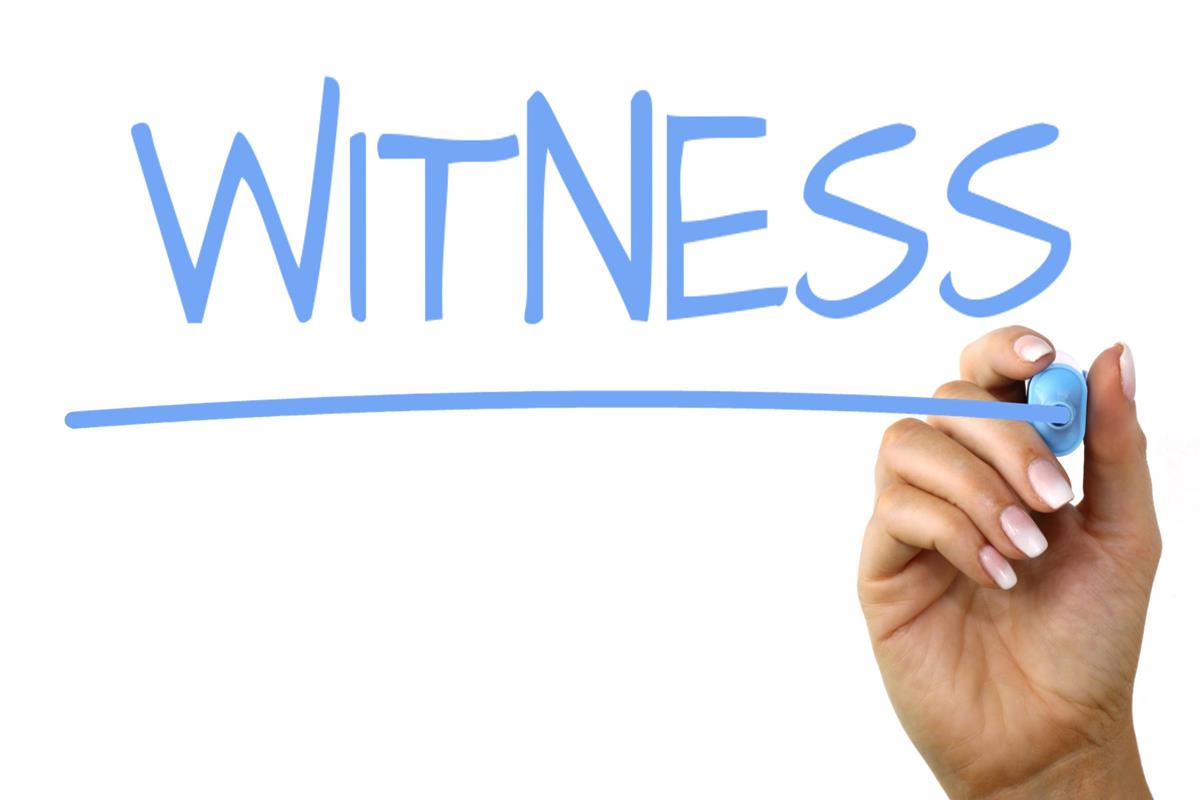
Interview Process
First of all, being a witness means that you will have to talk to the lawyers of whoever you are being a witness for, no matter it is for the plaintiff or the defendant. Depending on the complexity of the case, the lawyers may have lots of questions for you and require you to repeat your story during the initial process to find out all facts and issues about the case. Lawyers may try to ask the same question in different ways to ensure that you are prompted to provide every relevant detail in your knowledge. This may be a lengthy process and requires the patience of all parties. Often crucial case points are discovered from details, and these details may affect the outcome of a case, no matter if it is a criminal case or civil matter.
It is important to describe things that happened in a neutral and direct way. Do not include your own emotions or judgment, especially when describing events. If you summarise what you have experienced too much and use colourful language, it may not be representative of what actually happened, as there may be multiple interpretations of the same occurrences from an objective point-of-view. When you are providing your story, there are a few things to keep in mind of:
Only talk about what you know directly
Indicate clearly when you are talking about something someone else told you (and therefore you do not know whether it is true or not)
Be clear about the causation of events (the difference between causation and correlation; e.g. Did something happened as a result of another event, or these two events simply happened one after another and there is no relationship between them?)
Be clear about the identity of parties (e.g. if there are multiple companies of similar names, be clear which company is being referred to)
Do not state your personal judgment as if they are the facts (unless it is specifically asked, i.e. expert witness’ opinion)
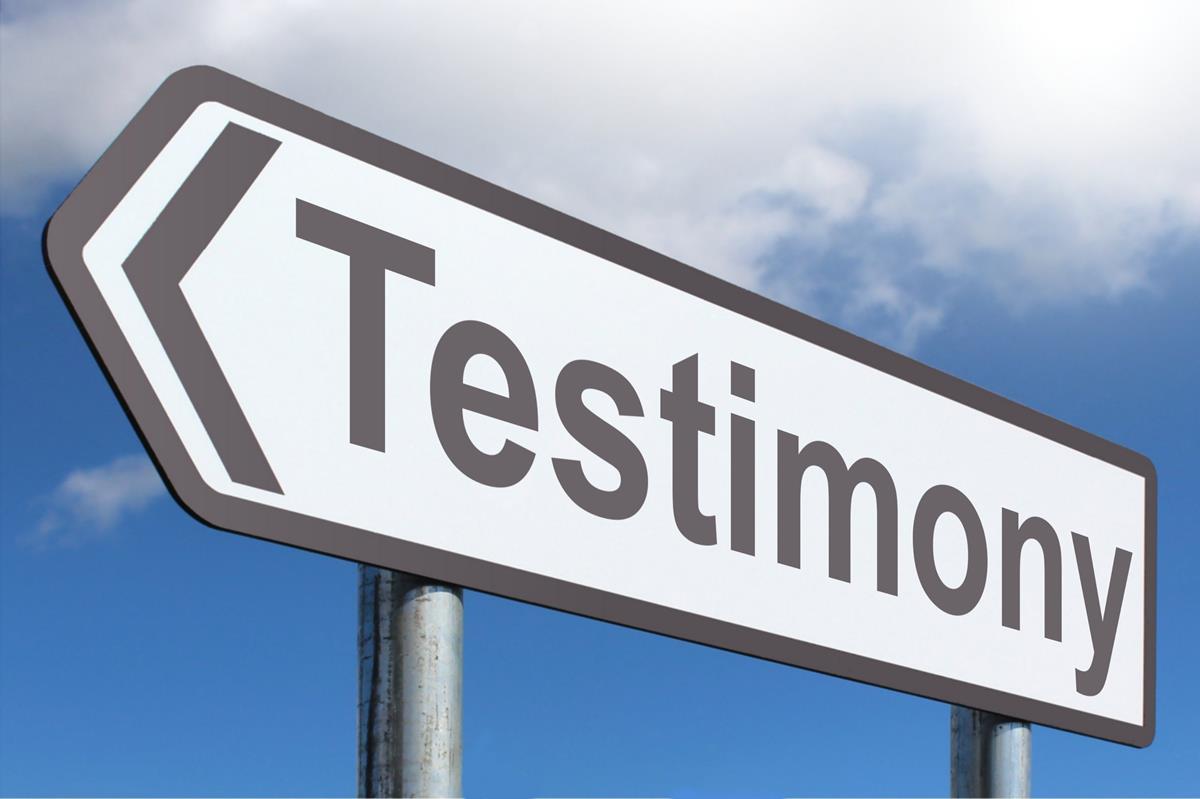
Preparation of Affidavits/Witness Statements
Secondly, the lawyers may have to prepare affidavits or witness statements to be sworn/affirmed and filed into court. The lawyers will prepare the contents of the affidavits according to the information you provided in the previous stage, or use your written account of events as a basis. Solicitors and barristers may cooperate in reviewing the documents and fill in gaps in information identified during the writing process. This may be a back-and-forth process which require thorough communication between parties. Depending on the progress of the case and the availability of evidence, there may be multiple affidavits required throughout the process of the proceedings.
The affidavits/witness statements are written documents to be signed by the witness and filed into court as formal pleadings in litigation. The witness will be questioned of the contents of the document against their oral evidence in the courtroom, and have to declare that what you say in the document is true to the best of your knowledge and belief, and therefore the witness should be very clear in their words and understand every statement made.
To illustrate by way of example, if the witness recall that he contacted someone by phone someday, with the multiple means of making a call/sending instant messages nowadays using a mobile telephone device, it is good to be clear which application and means has been used to contact the other person. One should not say that “I made a call to X”, but rather the statement should read “I made a Facebook Messenger voice call by my mobile telephone to X”. There are often electronic records available for such communications, and being clear of the means of making a call will allow the evidence to corroborate.
If the contents of the affidavit include a recollection of a verbal conversation, it is important to try to recall the exact words and phrases used during that conversation to reconstruct the conversation to the best of the ability of the witness. In terms of formatting, such verbal conversations must be presented in a sentence-by-sentence form. It is understandable that a normal person will not be able to remember the entire conversation sentence by sentence in full, therefore if the entire conversation cannot be recalled, it would be sufficient if the conversation to make clear the points made during that conversation to the best of recollection.
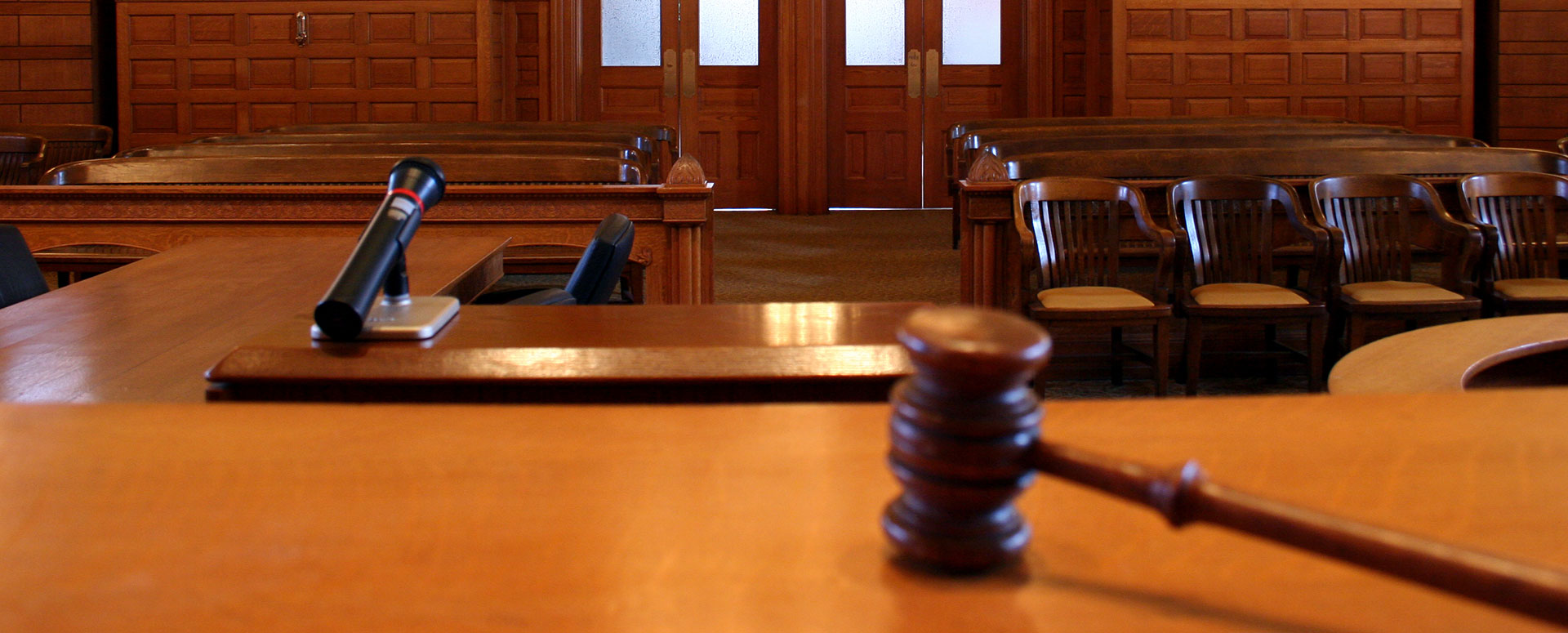
Court Attendance
After the affidavits/witness statements are filed into court, the witness may need to prepare for the final court hearing where evidence will be heard and the witness will need to attend. It is important to mark the hearing date as soon as it is known such that all relevant witnesses will be able to attend. If a witness cannot attend the court hearing, the affidavits/witness statements filed might not be able to become evidence accepted in court, as the witness is not available to be questioned on the contents of their affidavit/witness statement to assess their credibility.
When witnesses attend court, it is recommended for their attire be relatively formal to demonstrate respect to the court and court processes. The form of dress should not contain words or pictures or otherwise attract attention.
On the day of hearing, the witness should arrive before the scheduled time for the hearing and should not rush, as one would perform the best with a clear mind. The witness may need to wait outside the court room until the court calls the witness. Witnesses for the same party cannot be present in the courtroom together while one of them is giving evidence in order to prevent witnesses from telling the same story as the previous witness, and ensure that everyone is giving evidence from their own knowledge. If multiple clients do not know the contents of one another’s testimony, but provide the same details and descriptions that correspond with one another, this may be an indication that they are telling the truth. If there are major inconsistencies between the accounts of witnesses, this may be exposed when they give evidence and are questioned separately, and the court may be able to decide what is to be believed.
While hearings spanning multiple days may have specific witnesses arranged to only attend on specific days, litigation is always unpredictable and the time reserved for questioning a particular witness may not be used up or may be delayed, and this is dependent on the questions and answers provided in court and the strategic decisions of parties. Witnesses should therefore be prepared to appear on short notice.
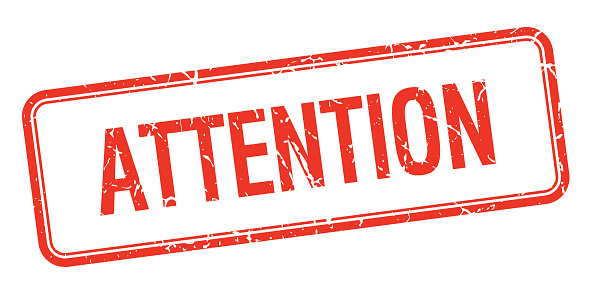
Dos and Don’ts of Witnesses when Giving Evidence
No matter if one is being a witness for the prosecution/plaintiff or the defendant, there are certain general rules that the witness should be aware when they are in the courtroom giving evidence:
Answer questions while facing the magistrate/judge
Avoid body language which may send implicit messages
Do not be affected by the body language of counsels
Never anticipate what the motive of the question is, just answer the question directly according to one’s knowledge
Answer the question as directly as possible but as short as possible for cross-examination
Listen to questions as closely as possible
Do not rush to answer questions
If not certain of what the question is asking, say that one does not understand and ask for clarification
Be patient and answer questions at their own pace, not the counsel’s pace
Be calm and courteous
Do not be provoked by any party
These general rules should be observed to ensure a smooth process of giving evidence. The focus of the proceedings should be on the evidence given and not other matters. There are three stages of giving evidence: (1) examination-in-chief; (2) cross-examination; and (3) re-examination. If the witness is a witness for the plaintiff, then the plaintiff’s counsel will ask questions during the first stage to allow the witness to describe the relevant facts and story that the plaintiff is relying this witness for. When in cross-examination, it is the opposing party’s turn to ask questions, in order to test the witness’ version of events and try to find mistakes/unreasonable points/flaws in the witness’ version of events to undermine the credibility of the other side. After cross-examination by the other party, if the party to which the witness is a giving evidence for wishes to clarify some points raised during the cross-examination process, and this is done during the re-examination stage.
If at the end of the day a witness is still giving evidence in the cross-examination stage while the hearing needs to be ended for continuation on the next day, a witness will be warned by the judge that s/he cannot discuss anything related to the case with anyone, including their legal representatives. The witness cannot discuss anything related to the case as any discussions may lead to changes in their testimony and the evidence given will no longer be from their own memory and can be altered. The legal system functions on the presumptions that participants of the system follow these rules to ensure procedural justice.
During cross-examination, it is natural for counsels to suggest a version of events which is different from the witness’ version of events. This may be the case that they are trying to put forward, or an alternative situation to question the reasonableness of the version of the witness. This is the responsibility of legal representatives to the parties to the proceedings to make such arguments, and witnesses should be calm and not be agitated by these suggestions that they may find to be wrong or even insulting.
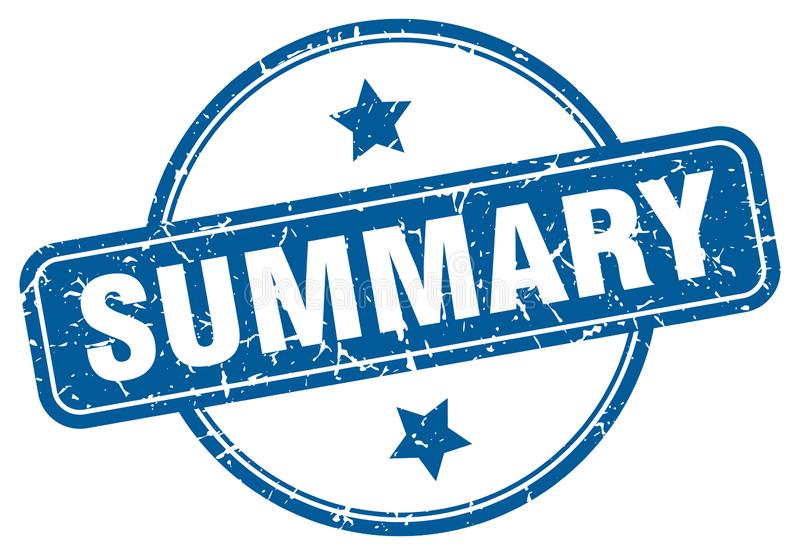
Conclusion
The willingness of witnesses to become witnesses in court proceedings should be applauded, as this is a long and labourious process which would likely to consume the witnesses’ time and requires much effort to be put in. It may be noted that as opposed to jury duty, there is no compensation for the time spent by witnesses. Witnesses may be willing to contribute to the case as a witness with the intent to “explain the truth” or simply to “let justice prevail”. This objective is certainly well-meaning, but witnesses should also be aware of the limitations of the legal system, and that the outcome of proceedings after the litigation process might not coincide with the form of justice in the minds of participants.
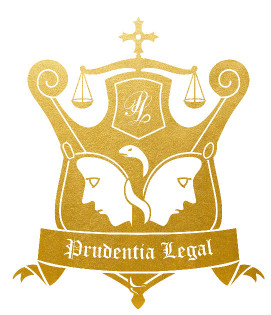
Please note: The content of our publication is intended for general information purposes only, and should not be construed as legal advice on any matter. Please contact our firm for discussion of your particular circumstances.
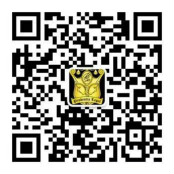
相关内容
-
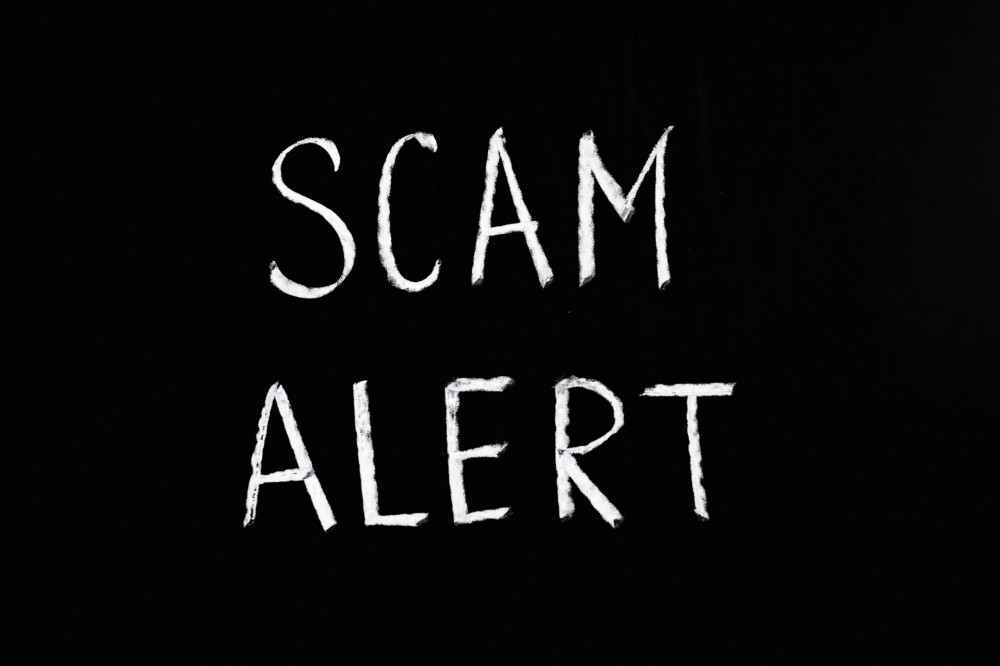 详情
详情Avoiding Fraud – Importance of Legal Advice Illustrated by Two Cases
Avoiding Fraud– Importance of Legal Advice Illustrated by Two CasesPrudentia Legal: Edmund Leung2021-09-10Believing in the wrong person may lead to significant consequences, as once again demonstrated in recent cases in our firm. Sometimes mistakes may even compound on each other to rea
-
 详情
详情Temporary changes States have made to signing, witnessing or attending to documents
-
 详情
详情Employees or Contractors – A Discussion on New Developments for App Transport and Delivery Platforms
The gig economy has become everyday occurrence in the past decade. It has also developed in a way exceeding what may be originally envisioned. From the consumer’s perspective, the ease of on-call services for transport and food delivery alike has led to an explosion in demand, with many newcomers t
-
 详情
详情Summary of changes to the new VIC Residential Tenancy laws
The start date of the Residential Tenancies Amendment Act 2018 (the “ACT”) which outlines the framework of Residential Tenancy laws has been delayed due to coronavirus (COVID-19), with the amendments to be introduced by 29 March 2021, rather than the original 1 July 2020. The Residential Tenancies
-
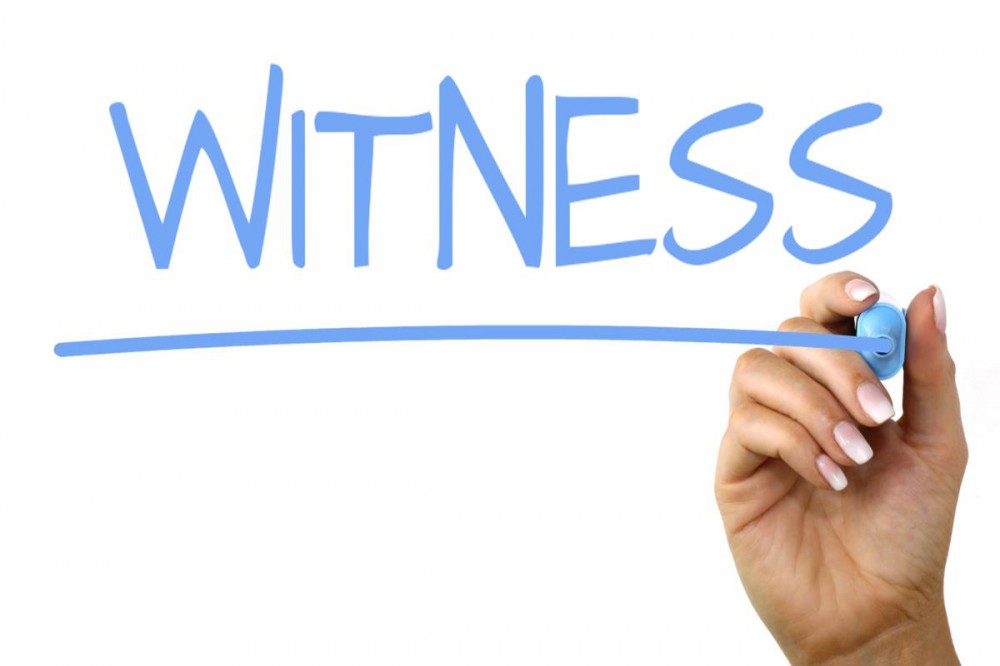 详情
详情Acting as Witness in Legal Proceedings
While direct involvement in criminal matters or civil litigation might not be that common for a person of the general public, it might well be possible that you have witnessed a crime or an event, and may be required to give evidence in court as a witness. What does being a witness entail? Speaking
-
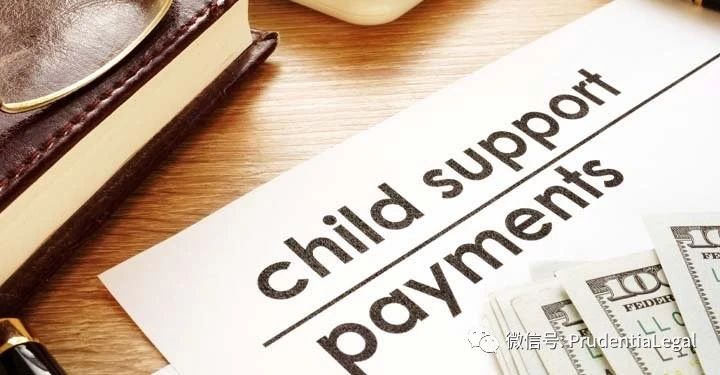 详情
详情Child Maintenance Trust
Division 6AA section 102 AG of the Income Tax Assessment Act 1997 (Cth) provides that a Child Maintenance or Child Support Trust (“CMT”) can be established following a relationship breakdown. Simply speaking, A CMT is a discretionary trust specifically set up to provide support for a child (or chi
-
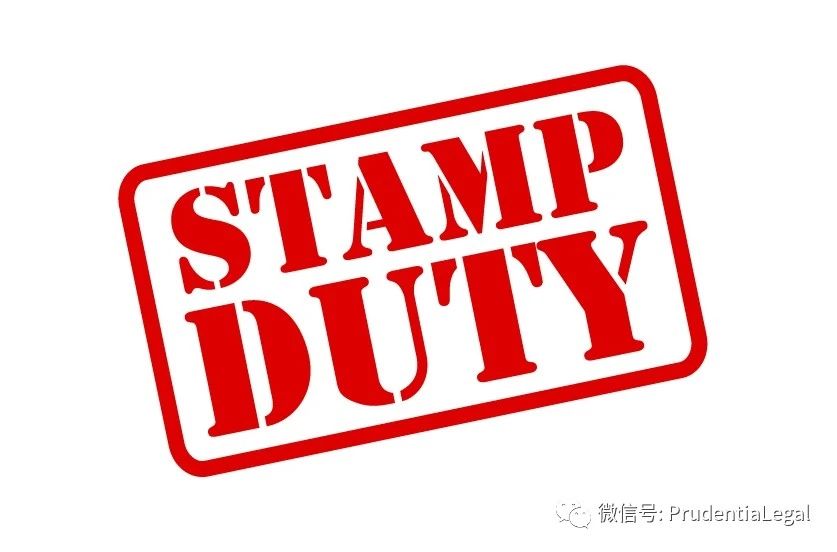 详情
详情Recent Changes to NSW Stamp Duty and Land Tax Policies
Stamp DutyThe New South Wales government has previously announced that they are introducing new legislation to increase the threshold amount for offering stamp duty exemption or reduction for first home buyers, such that purchasers of higher-priced properties may also benefit. This policy change has
-
 详情
详情House and Land Package – Some tips to share
House and Land Package – some tips to shareIntroductionIt’s noted the “house and land package” in the property market has maintained its popularity over the years. It’s difficult to find a brand new four-bedroom free-standing house within a 30 km radius from the Sydney CBD under $1 millio
-
 详情
详情New Australian Visa Policies Applicable to Hong Kong
The Prime Minister of Australia, the Honourable Scott Morrison MP, has announced yesterday that new visa policies and measures aimed to attract students and business talents from Hong Kong to Australia, and allow them to stay in Australia, will be offered to “Hong Kong passport holders”. It is not
-
 详情
详情Off-the-plan Stamp Duty Concessions in Victoria
The state of Victoria, specifically its capital Melbourne, has many high-rise and multi-occupancy residential developments completed and ongoing. Regeneration and redevelopment projects resulting in high-rise skyscrapers have dramatically changed Melbourne’s skyline in the past decade. Such multi-o
-
 详情
详情Intervention Orders In VIC
An individual (the applicant) (or police department but today we only talk about the individual application) may apply for an intervention order in the Magistrates Court of Victoria which places legal restrictions upon another individual (the respondent) and prohibits the respondent from engaging in
-
 详情
详情Preparation of Contract for the Sale and Purchase of Land in New South Wales
A contract for the sale and purchase of land (Contract) comprises three sections: The first being the substantive contract, usually the standard contract drafted by the Law Society of New South Wales and the Real Estate Institute of New South Wales, containing general conditions; the second being th